Hiking safety rules
Categories: Asia | Entertainment | Europe | Life hacks | Nature | People | Travel | World
By Vika https://pictolic.com/article/hiking-safety-rules.htmlTourism is going through hard times due to the coronavirus pandemic. However, you do not need to fly to other countries. Now, when you can forget about vouchers for a long time, hiking tourism will begin to gain momentum. And you don't have to travel far to do this. And although quarantine is now recommended and it is recommended to stay at home, nevertheless, after the quarantine is over, you will probably want to take a short trip. In turclub-pik.ru we were told about the basic rules of hiking.
9 PHOTOS
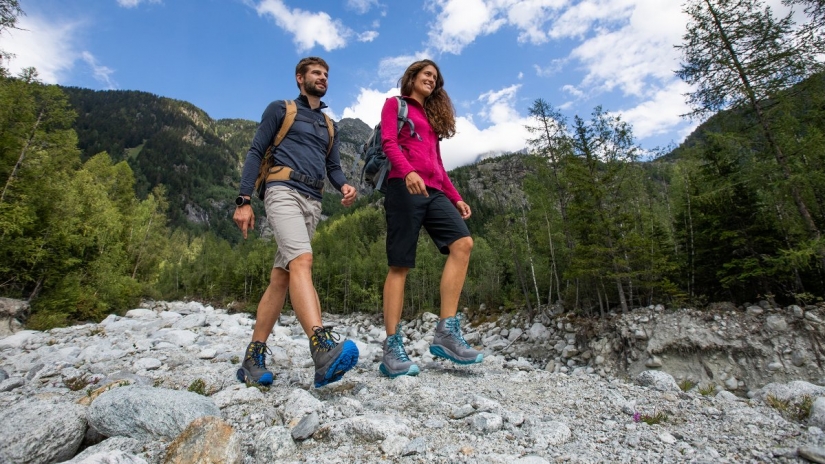
1. A three-day hike, if you haven't done it for years, is definitely not the best choice. The same can be said for solo hikes if you don't have the experience and preparation for it. Even if you go camping with someone else, always let people know where you are going and when to expect you. If something happens and you don't show up, the search team will know where to look for you.
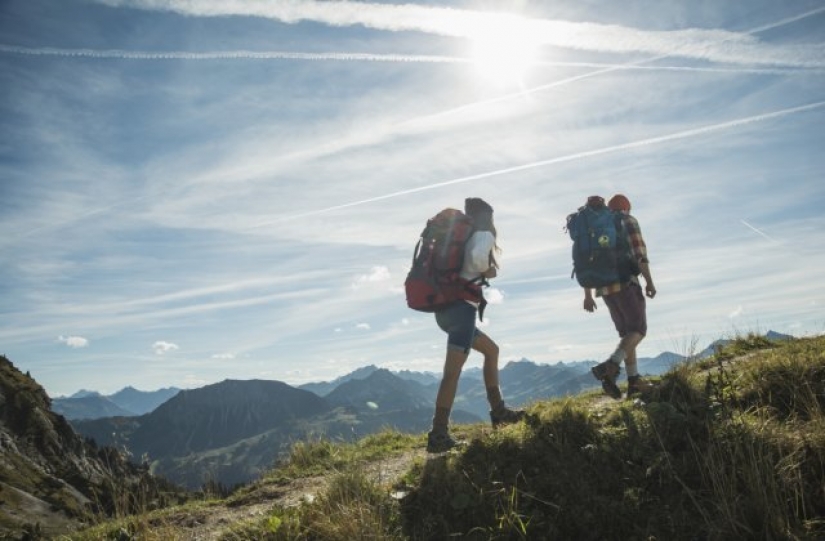
2. Know exactly where you are going. You can improvise on the hike, but make sure you have a map or guide to find your way back. A compass is also a good tool. Pay attention to the natural landmarks around you so you can recognize them if you need help finding your way. Check the weather forecast the day before your actual hike. If the forecast is heavy rain or other inclement weather, you may need to reschedule your hike.
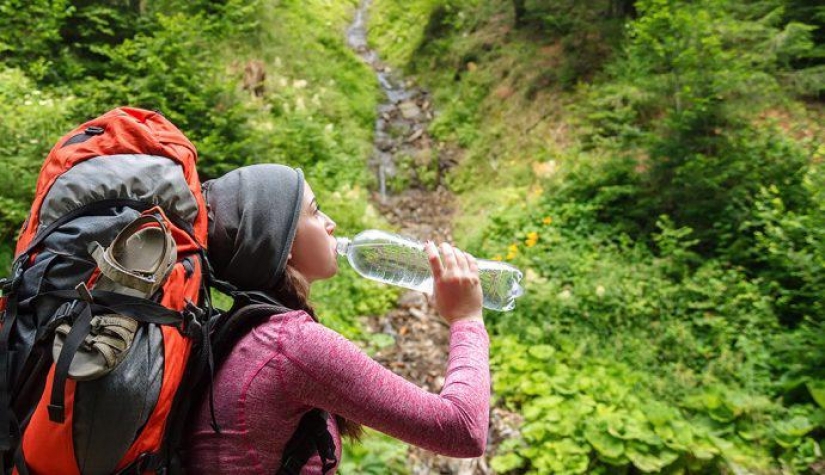
3. Take plenty of water with you (more than you think you will need). If you're traveling for more than a day, buying a cleaning system might make more sense so you don't have to carry that extra weight in your backpack. Never drink untreated water.
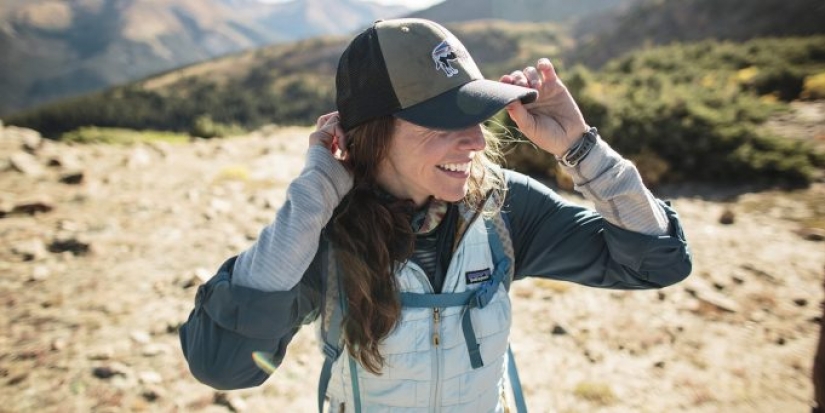
4. Dress appropriately. Make sure you have a raincoat. Wearing the right shoes will prevent blisters and even injury.
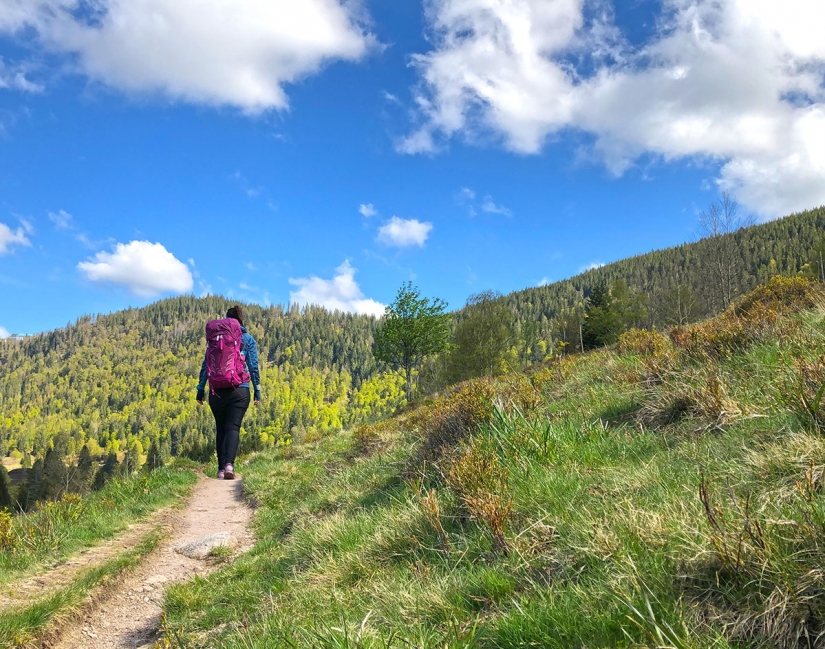
5. Do not overexert yourself. If you need a break, take it. If you feel like you can't handle the hike, turn back. If you feel sick, exhausted, or suspect injury, take action to address the issue and return to base if necessary.
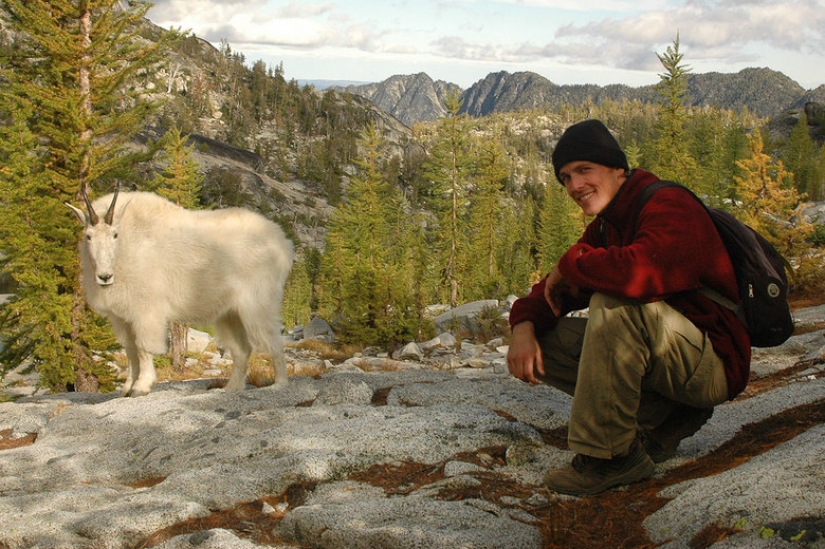
6. Leave native plants and animals alone. Don't eat any berries or leaves you find, even if they look familiar. Noisy behavior and walking away from marked paths can lead you to direct contact with snakes and other dangerous animals, so avoid this if possible. Do not walk or try to feed wild animals.
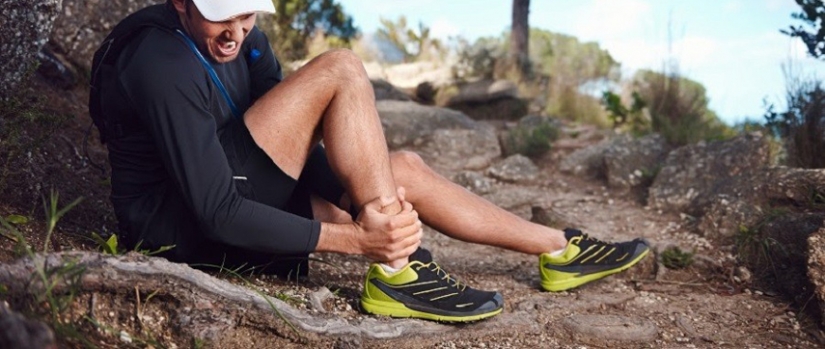
7. Take a first aid kit with you. Learn how to treat underlying injuries and how to prevent dehydration and heatstroke or hypothermia.
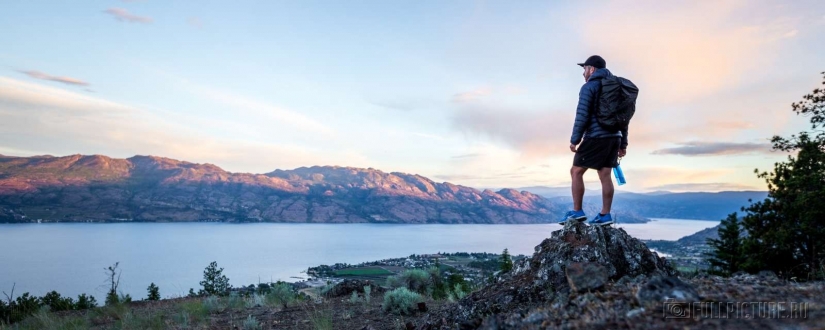
8. Leave it as it is. For example, obstructing rocks can cause a landslide, and debris left behind can encourage wildlife to move closer to the trail, increasing the danger to those walking behind you.
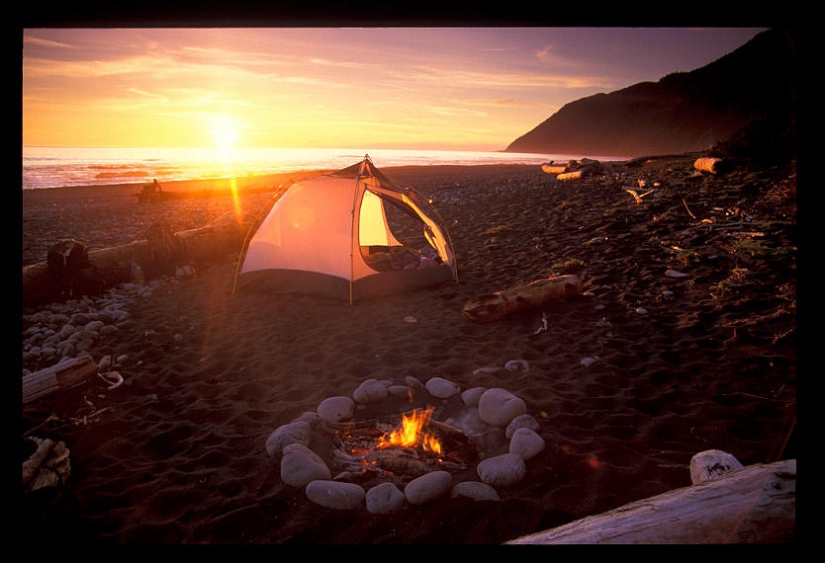
9. Know how to make fire. Even if you plan to stay for a few hours, it's best to be prepared. If something happens and you have to spend the night outdoors, the fire will help keep you warm, keep wildlife away, and act as a beacon for others to find you. Simple waterproof matches are enough to light a fire.
Keywords: Travel | Hiking | Extreme | People | Journey | Tourists | Tourism | World | Earth | Country | City | Mountain | Coronavirus | Pandemic | Isolation | Safety rules | Lifehack | Trick
Post News ArticleRecent articles

In 1978, Rodney Alcala was sitting next to two other guys on the American show "the Dating Game" (The Dating Game). Charming and ...

Modern medicine offers many accurate ways to determine pregnancy at the earliest stages. But all these techniques have appeared ...
Related articles

Many animals also love to travel! Although they may worry during trips, but if they get used to it, they do it with pleasure. ...

In 2010, photographer John Thackwray from South Africa began a journey around the planet with a series of works called "My Room". ...

The Himalayas. Tibet. Something cosmic and ethereal sounds in the names. They attract visitors from all over the world. In front of ...

California photographer Jason Strick decided to show interesting moments that remain behind the scenes of the most popular ...